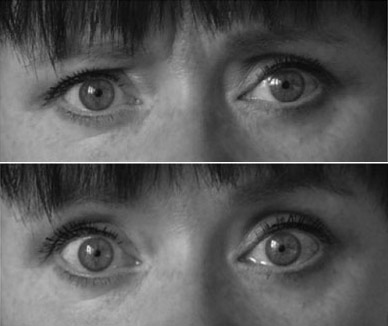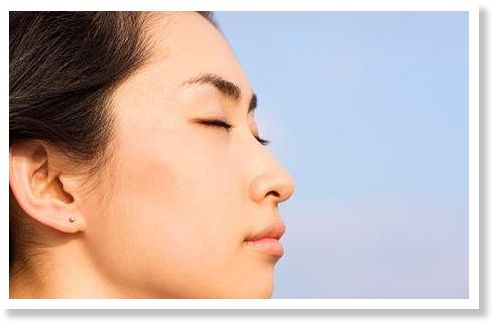
The true nature of hypnosis has eluded scientists. It's clear people can be hypnotized, but it's not clear how this happens. New research offers a clue.
By recording the eye movements of a hypnotized woman, and comparing them with those of nonhypnotized people, researchers say they have found evidence that hypnosis involves a special mental state, fundamentally different from normal consciousness.
First some basics: When under hypnosis, a person becomes more capable of hallucination and susceptible to suggestions, perhaps intended to help him or her stop craving cigarettes, say, or prompt him or her to hear music that isn't actually playing. If no suggestions are given, a hypnotized person will sit still and his or her mind will enter a calm state, like that associated with meditation. After a session ends, the person doesn't remember it, according to study researcher Sakari Kallio, an associate professor at the University of Skövde in Sweden and University of Turku in Finland.












Comment: Comprised of breathing techniques that stimulate the vagus nerve and a guided meditation that reaches the innermost parts of our being, the Éiriú Eolas program is simple to learn and apply in your everyday life, offering all the benefits described above, and more!